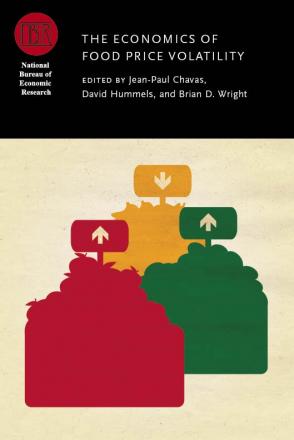Food Price Spikes, Price Insulation, and Poverty

This chapter first considers the impact on world food prices of the changes in restrictions on trade in staple foods during the 2008 world food price crisis. Those changes were meant to partially insulate domestic markets from the spike in international prices. This insulation added substantially to the spike in international prices for rice, wheat, maize, and oilseeds. As a result, although domestic prices rose less than they would have without insulation in some developing countries, in many other countries they rose more than they would have in the absence of such insulation. Secondly, the chapter estimates the combined impact of such insulating behavior on poverty in various developing countries and globally. The analysis finds that the actual poverty-reducing impact of insulation is much less than its apparent impact, and that its net effect was to increase global poverty in 2008 by 8 million people. The chapter examines the relative efficiency and equity of trade restrictions and domestic policies that are designed to provide social protection for the poor when international food prices spike. It also examines the potential consequences of multilateral agreements to limit changes in restrictions on trade during such times.
-
-
Copy CitationKym Anderson, Maros Ivanic, and William J. Martin, The Economics of Food Price Volatility (University of Chicago Press, 2014), chap. 8, https://www.nber.org/books-and-chapters/economics-food-price-volatility/food-price-spikes-price-insulation-and-poverty.Download Citation
-


